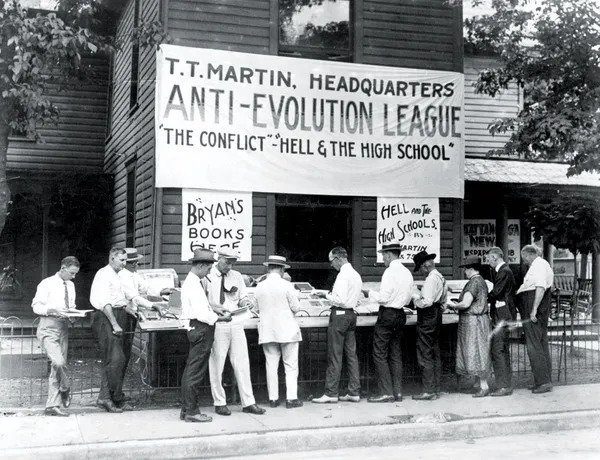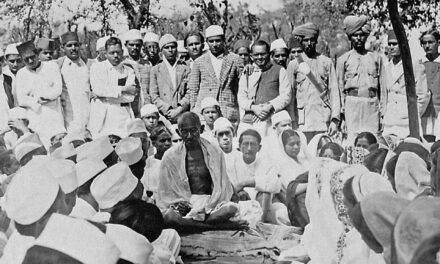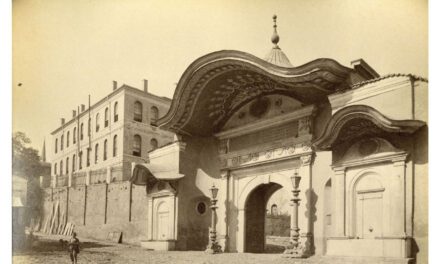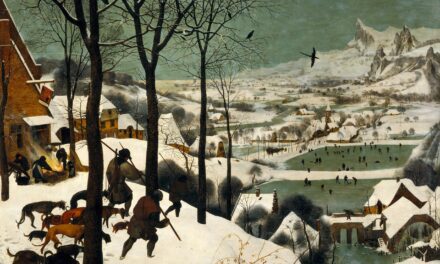History Guild General History Quiz 110
See how your history knowledge stacks up!
Want to know more about any of the questions? Once you’ve finished the quiz click here to learn more.
Have an idea for a question? Suggest it here and we’ll include it in a future quiz!
The stories behind the questions
1. In which year was a Tennessee science teacher prosecuted for teaching his students about evolution?
1925 – A high school teacher, John T. Scopes, was accused of violating Tennessee’s Butler Act, which had made it unlawful to teach human evolution in any state-funded school. After Scopes was convicted, creationists throughout the United States sought similar anti-evolution laws for their states. At least 41 bills or resolutions were introduced into the state legislatures to create some form of anti-evolution law. These laws remained in force until the late 1960’s.
2. In which year did women get the right to vote in Australia?
1902 – In 1902, Australia became the second country to grant women the vote and the first to permit women to stand for parliament. Always one step ahead, women in New Zealand had been given the vote in 1893 but they had to wait until 1919 for the right to enter government themselves. It took a further 41 years after the passage of the Commonwealth Franchise Act to see the first women enter Australia’s federal parliament.
3. Which group created the Double-Cross System?
MI5 – It was part of their campaign to turn German agents in Britain in WW2. For more read Deceptive Ineptitude: German Spies in WW2 Britain.
4. By what name was Jakarta formerly known?
Batavia – This was the name when it was ruled by the Dutch. For more on how the Dutch administered their empire read Blood and Pepper: The Aceh Wars.
5. Which Nazi leader parachuted into Britain in 1941 in an apparent attempt to negotiate an end to the war?
Rudolf Hess – Appointed Deputy Führer to Adolf Hitler in 1933, Hess held that position until 1941, when he flew solo to Scotland in an attempt to negotiate a peace settlement. He was taken prisoner and subsequently sentenced to life imprisonment at the Nuremburg trials after the end of WW2. He was still serving this sentence when he died by suicide in 1987.
6. Which of these African countries largely escaped European colonisation?
Ethiopia – Find out which other African country also escaped.
7. Which country ruled the Netherlands until the Dutch revolt of 1568?
Spain – More about the Dutch revolt and it’s implications in creating a Dutch empire here.
8. Where did Robert Clive help the British Empire expand?
India – Clive’s victories against the Mughals in the 1750’s marked the beginning of British rule in India. Read about Robert Clive here.
9. What was the government that ruled Germany in the 1920’s referred to as?
Weimar Republic – This period in German history saw political instability, hyperinflation and the threat of revolution.
10. What city are the terracotta warriors closest to?
Xi’an – Xi’an is a large city and capital of Shaanxi Province in central China. Once known as Chang’an (Eternal Peace), it marks the Silk Road’s eastern end and was home to the Zhou, Qin, Han and Tang dynasties’ ruling houses. At archaeological sites in Xi’an’s surrounding plains are the famed Bingmayong (Terra Cotta Army), thousands of life-size, hand-moulded figures buried with China’s first emperor, Qin Shi Huang.





